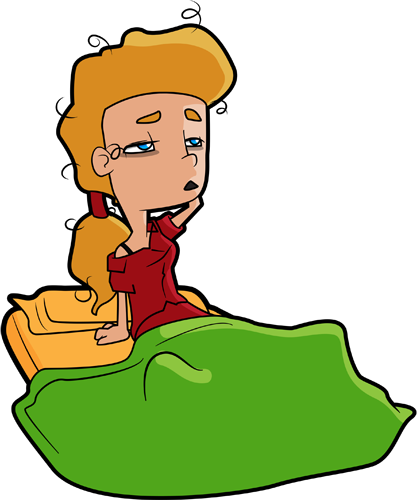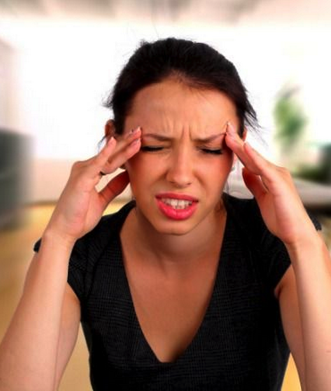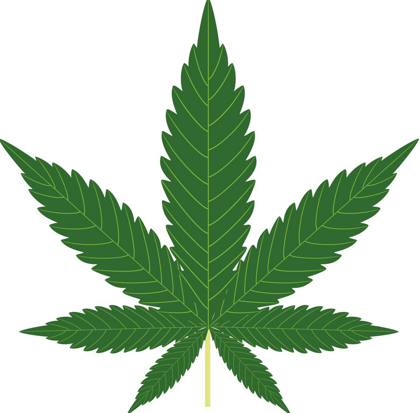Mental Health | Treatments for Primary Headache Disorder

 Mental Health | Researchers found data to support the efficacy of psychological treatment for primary headache disorders.
Mental Health | Researchers found data to support the efficacy of psychological treatment for primary headache disorders.
Psychological treatments have demonstrated efficacy in reducing headache index and frequency in primary headache disorder, according to a study recently published in The Journal of Headache and Pain. Depending on the patient, psychological treatment may be used as standalone therapy or as part of combination treatment.
This systematic review and meta-analysis included 27 randomized clinical trials from 12,773 identified articles.
Articles were written in Korean and English on primary and medication-overuse headache and were sourced from KMBASE, KoreaMed, PsycArticles, CINAHL, Web of Science, ScienceDirect, SCOPUS, Cochrane Library Database, MEDLINE, and EMBASE.
The number of monthly headache days comprised the primary measure of efficacy, with migraine disability assessment, treatment response rate, headache index, and weekly headache attacks comprising secondary efficacy measures.
These outcome measures were gathered from selected studies. Continuous data were analyzed using pooled mean difference, while dichotomous data were analyzed using pooled relative risk. Subgroup analysis was also performed to examine the association between treatment efficacy and study location, intervention type, and type of headache.
Psychological treatments were associated with a superior outcome for monthly headache days, with a pooled mean difference of -0.70 (95% CI, -1.22 to -0.18; P =.01). Compared with the control group, number of headache attacks per week showed a pooled mean difference of -1.14 (95% CI, -1.61 to -0.66; P <.001), treatment response rate of 3.13 (95% CI, 2.24-4.37; P <.001), and headache index of -0.92 (95% CI, -1.40 to -0.44; P <.001) in the treatment group, signifying significant improvements within several secondary efficacy measures. Limitations to this study include potential influence from various treatments and protocols, a small number of studies in the analysis, the use of self-reporting on headache, a lack of uniform definition or reference for the headache index, poor quality of available research, and a high rate of attrition and consequential risk for bias.
Limitations to this study include potential influence from various treatments and protocols, a small number of studies in the analysis, the use of self-reporting on headache, a lack of uniform definition or reference for the headache index, poor quality of available research, and a high rate of attrition and consequential risk for bias.
Study researchers concluded that “[psychological] treatment reduced headache frequency and the suffering from headaches as measured by headache index.
Psychological treatment can be considered as possible option for the management of primary headache as stand-alone treatment in some specific situations and as in combination treatment in treatment resistant patients.”


